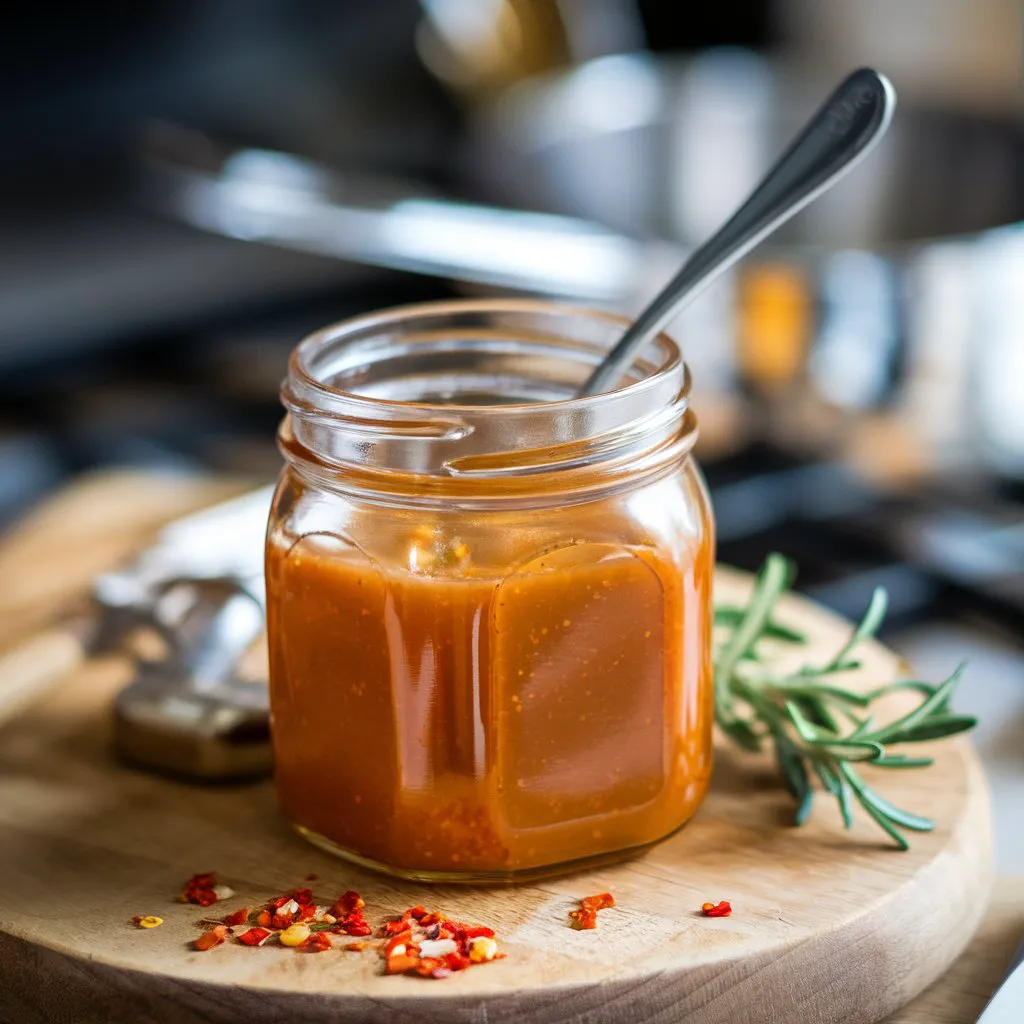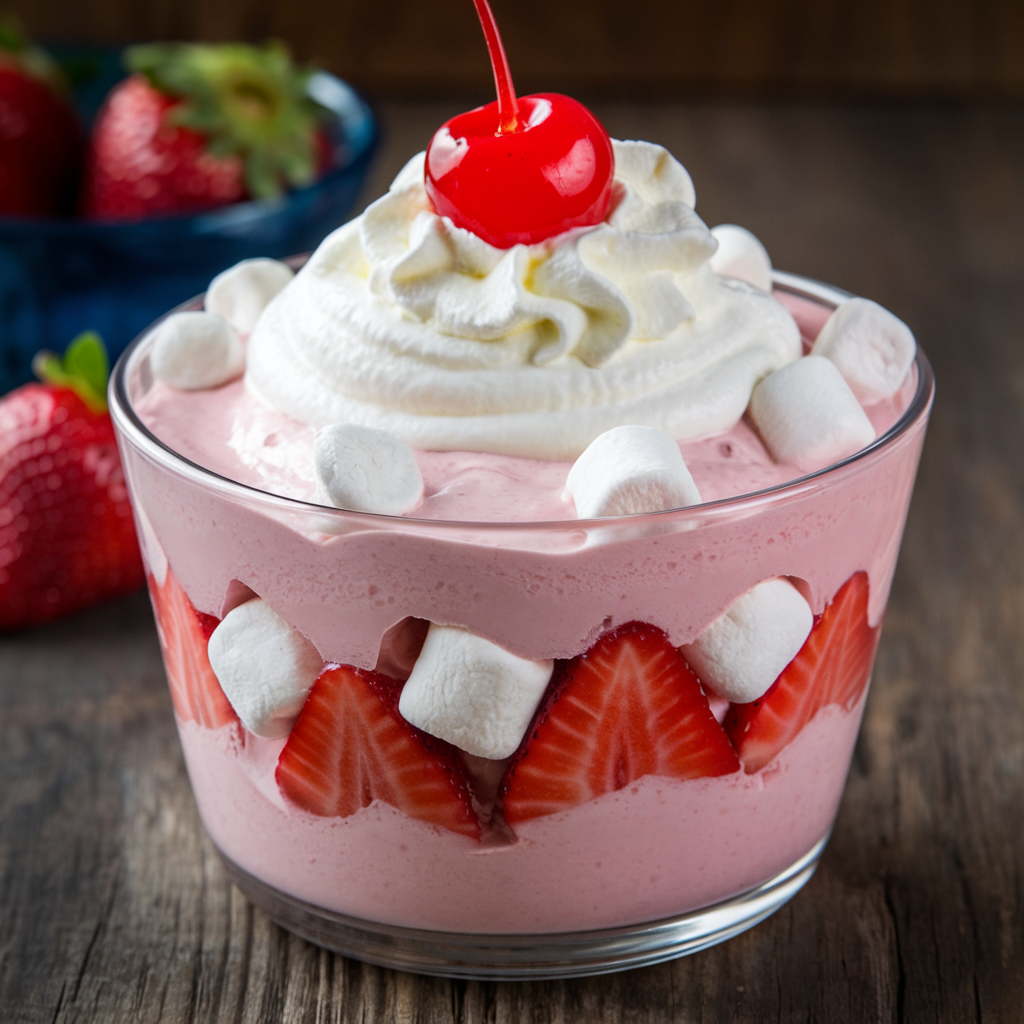What Not to Mix with Honey: A Complete Guide
Honey is a popular natural sweetener known for its flavor and health benefits. People have used honey for centuries, whether it’s in tea, on toast, or as a skincare ingredient. However, not all combinations with honey are good for you. Some can reduce its benefits, while others may even be harmful. Knowing what not to mix with honey helps preserve its natural goodness.
This guide explores which ingredients you should avoid combining with honey and why. By understanding how these combinations can affect honey’s properties, you’ll get the most out of this natural sweetener. For more on the health benefits of honey, check out this helpful article. If you’re curious about the risks of heating honey, learn more about it in this informative piece.
Why Certain Ingredients Don’t Work Well with Honey
Honey contains natural enzymes, antioxidants, and sugars. These elements make honey a healthy option, but they are also sensitive to certain ingredients. Some combinations can reduce honey’s positive effects, and others may cause health problems.
When you mix honey with certain ingredients—such as boiling water or alcohol—it can lose its nutritional value. In some cases, mixing honey with other substances can even release harmful compounds. Understanding these risks helps you make better use of honey. If you’re looking for ways to incorporate honey into recipes safely, try this hot honey recipe for a spicy and sweet twist.
Ingredients You Should Avoid Mixing with Honey
1. Honey and Hot Water
Adding honey to hot tea or coffee is common, but pouring honey into boiling water isn’t a good idea. When honey reaches high temperatures, it loses many of its beneficial properties.
- Why Avoid It: When heated above 104°F (40°C), honey’s enzymes and antioxidants start to break down, reducing its health benefits.
- Risks: High heat can cause honey to produce hydroxymethylfurfural (HMF), a substance that may be harmful in large amounts.
To keep honey’s benefits intact, wait until your tea or coffee cools slightly before adding it.
2. Honey and Ghee (Ayurvedic Advice)
According to Ayurvedic tradition, mixing honey and ghee in equal parts is considered harmful. Ayurveda, an ancient system of medicine, suggests that this combination creates toxins in the body.
- Why Avoid It: Ayurveda claims that honey and ghee together, in equal amounts, disrupt the body’s balance of energies (doshas), which could lead to health problems.
- Risks: While this belief lacks strong scientific evidence, it remains a core principle in Ayurvedic health practices.
If you follow Ayurvedic principles, it’s best to avoid this mixture, especially in equal proportions.
3. Honey and Alcohol
Many people enjoy cocktails with honey as a sweetener, but mixing honey with alcohol can limit honey’s health effects and may cause digestive issues.
- Why Avoid It: Alcohol dilutes honey’s beneficial properties, such as its enzymes and antioxidants.
- Risks: Too much alcohol, especially when mixed with honey, can cause bloating or indigestion.
While using honey in moderation in alcoholic drinks is safe, excessive alcohol may reduce its benefits.
4. Honey and Fermented Foods
Honey contains natural sugars, which can interfere with the fermentation process of foods like yogurt, kefir, or kombucha. Though honey can sweeten these foods, it can also reduce the effectiveness of the probiotics they contain.
- Why Avoid It: The sugars in honey can prevent the growth of the beneficial bacteria that develop during fermentation, reducing the health benefits of fermented foods.
- Risks: Adding honey too early during the fermentation process may stop probiotics from developing properly.
To avoid these issues, add honey only after the fermentation process is complete. This way, you can still enjoy both the flavor and the health benefits. Check out these sourdough discard recipes to learn how honey can be used safely in other types of recipes.
5. Honey and Uncooked Starch or Flour
Combining honey with uncooked starches or flour, such as in raw dough or batter, can result in digestive problems and affect the texture of your food. Uncooked starches are harder for the body to digest, and when mixed with honey, they can make these issues worse.
- Why Avoid It: Raw starches and honey together can cause bloating and discomfort due to the difficulty of digestion.
- Risks: Eating raw mixtures of honey and starch can cause gas and other digestive problems.
For the best results, use honey in recipes that fully cook the starch or flour. This way, you’ll avoid any digestion issues and still enjoy honey’s flavor and benefits.
Health and Safety Concerns
1. Honey and Infants (Botulism Risk)
Honey should never be given to babies under one year old. The reason is that honey may contain Clostridium botulinum spores, which can cause infant botulism, a rare but serious illness.
- Why Avoid It: An infant’s digestive system isn’t strong enough to handle these spores, which can lead to serious illness.
- Risks: Symptoms of infant botulism include muscle weakness, breathing difficulties, and in severe cases, it can be life-threatening. For more on this risk, read this CDC guide on infant botulism.
To keep babies safe, never give them honey, even in small amounts.
2. Honey Allergies and Sensitivities
Although honey allergies are rare, they do happen. People who are allergic to pollen or bee products might have reactions to honey because of the pollen particles it contains.
- Why Avoid It: If you have pollen allergies, honey could trigger allergic reactions such as itching, swelling, and difficulty breathing.
- Risks: Severe reactions can result in anaphylaxis, a life-threatening condition that requires immediate medical attention.
If you’re unsure about your sensitivity to honey or bee products, consult a doctor before consuming honey.
Frequently Asked Questions (FAQs)
Is it safe to mix honey with hot tea?
Yes, as long as the tea isn’t boiling hot. Adding honey to very hot tea can destroy its enzymes and antioxidants, reducing its health benefits. Let the tea cool for a bit before stirring in the honey.
Can you mix honey with vinegar?
Yes, honey and vinegar, such as in apple cider vinegar drinks, can be mixed safely. This combination is popular for boosting digestion and improving immune health.
What happens when you mix honey with dairy products?
It’s safe to mix honey with milk or yogurt, but you should avoid adding honey during fermentation. Honey’s sugars can interfere with the growth of beneficial bacteria in fermented dairy products. To preserve both honey’s sweetness and the probiotics, add honey after fermentation.
Is it harmful to mix honey with lemon juice?
No, mixing honey with lemon juice is not harmful. This combination is often used to soothe sore throats or boost the immune system. Honey’s antibacterial properties and lemon’s vitamin C make this a helpful mix.
Conclusion: Best Practices for Mixing Honey
Honey is a versatile and healthy ingredient, but certain combinations can reduce its benefits or even pose risks. Avoid mixing honey with very hot water, alcohol, ghee (especially in equal parts), and uncooked starches. Never give honey to infants under one year old because of the risk of botulism.
By knowing what not to mix with honey, you can continue to enjoy its benefits while keeping yourself and your family safe. Whether you’re using honey to sweeten a drink or add flavor to a dish, these simple guidelines will help you get the most out of this natural sweetener.
For more tips on how to safely and creatively use honey, check out this hot honey recipe guide or these sourdough discard recipes to add a healthy twist to your meals.






